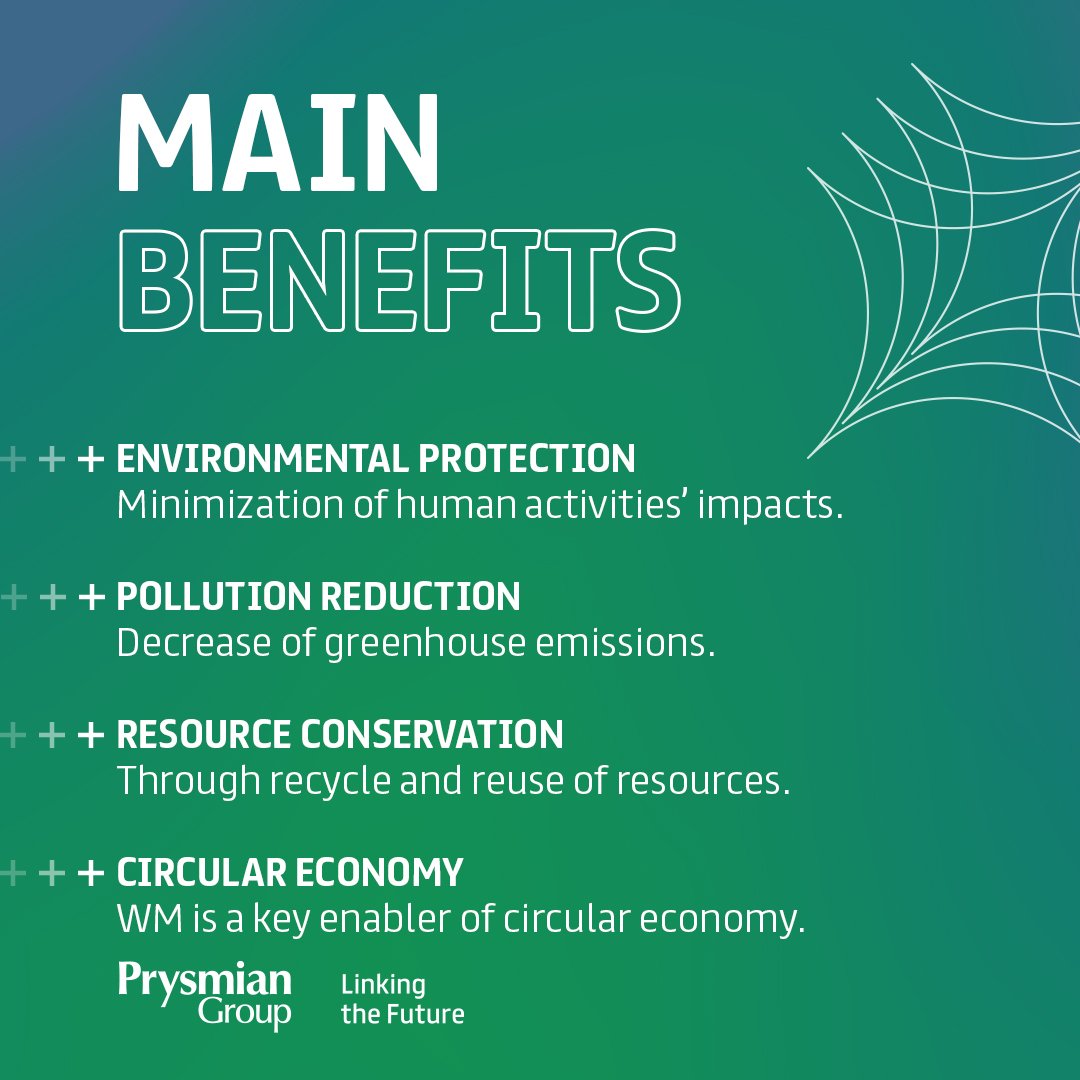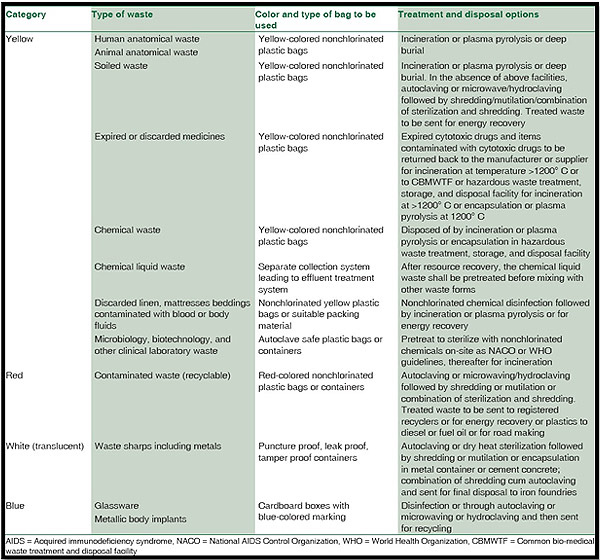The Single Strategy To Use For Reclaim Waste
The Single Strategy To Use For Reclaim Waste
Blog Article
See This Report on Reclaim Waste
Table of ContentsThe Reclaim Waste DiariesNot known Incorrect Statements About Reclaim Waste The Facts About Reclaim Waste RevealedThe Basic Principles Of Reclaim Waste What Does Reclaim Waste Do?
Check out the types, events, and types of fluid waste. Residential sewer waste refers to the waste and products from a domestic sewage-disposal tank. This type of waste is created by humans in residences, colleges, and other buildings. This only includes septic systems that have a drainpipe area. The correct monitoring and disposal of residential sewer waste require fluid waste to be moved to a sewage therapy plant where the appropriate techniques and devices are applied to detoxify and throw away waste.
Commercial waste commonly consists of prospective threats, such as flammable products or a mix of liquid and strong waste items, and calls for an advanced and in-depth disposal process. The disposal of commercial waste usually includes the purification of waste before transportation to make sure secure and appropriate disposal. Industrial waste is developed from by-products and drainage of commercial processes and production.
This type of waste can not make use of the very same sewer administration transportation or processes as septic or business liquids. The industrial waste administration process needs the evaluation and screening of fluid waste prior to it undertakes the disposal procedure (industrial wastewater treatment). Runoff waste is the liquid waste that comes from overflow and excess stormwater in extremely booming locations or cities
Runoff waste can trigger contamination and flooding if not dealt with effectively. Ensuring appropriate waste monitoring can prevent calamities and lower ecological harm.
See This Report on Reclaim Waste
Call PROS Solutions today to discover our waste management and disposal solutions and the proper means to care for the liquid waste you generate.
(https://gravatar.com/maximum5d830db060)Do you understand what takes place to your water when you end, purge the commode or drain pipes the washing device? No? Well, it deserves knowing. This supposed 'wastewater' is not only an essential source yet, after therapy, will certainly be launched to our land, waterways or the sea. Used water from toilets, showers, baths, cooking area sinks, washings and industrial procedures is referred to as wastewater.

water used to cool machinery or clean plant and devices). Stormwater, a form of wastewater, is look these up drainage that streams from farming and city areas such as roof coverings, parks, yards, roadways, paths and rain gutters right into stormwater drains pipes, after rainfall. Stormwater streams without treatment straight to local creeks or rivers, at some point reaching the ocean.
Reclaim Waste Can Be Fun For Anyone
In Queensland, most wastewater is treated at sewer treatment plants. Wastewater is transported from domestic or commercial sites with a system of drains and pump terminals, referred to as sewage reticulation, to a sewage therapy plant. City governments construct, maintain and run most sewage therapy plants. Operators are accredited under the Environmental Management Act 1994 to release treated wastewater at an appropriate environmental standard right into rivers.
The Department of Natural Resources suggests local governments concerning handling, operating and maintaining sewerage systems and therapy plants. In unsewered locations, city governments might call for householders to install specific or house sewage therapy systems to treat residential wastewater from commodes, cooking areas, washrooms and laundries. The Division of Natural Resources authorizes the use of household systems when they are shown to be effective.
In some new subdivisions, therapy of some stormwater to eliminate clutter, sand and crushed rock has begun making use of gross pollutant traps. Wastewater treatment happens in 4 phases: Gets rid of strong issue.
Uses small living microorganisms knows as micro-organisms to break down and eliminate continuing to be liquified wastes and great particles. Micro-organisms and wastes are incorporated in the sludge.
The Main Principles Of Reclaim Waste
Nutrient elimination is not readily available at all sewage therapy plants because it needs costly specialized tools. Clear fluid effluent created after therapy may still include disease-causing micro-organisms - industrial wastewater treatment.

This typically means wastewater needs to be treated or pollutants gotten rid of prior to it can be discharged to waterways. Most wastewater flows into the sewage system. Under the Act, city governments carry out approvals and permits for eco relevant tasks (Periods) entailing wastewater launches that may have a regional influence. The department carries out approvals and licences to Periods entailing wastewater releases that might have a local or statewide effect.
The Main Principles Of Reclaim Waste
Otherwise, examples are considered lab analysis. Typically lots of examinations are needed to develop the degrees of each of the different pollutants such as oils, heavy steels and pesticides in water. Surveillance provides accurate details concerning water high quality and can verify that licence problems are being met. The info acquired through tracking gives the basis for making water quality choices.
Report this page